The Serbian police and Interpol carried out a comprehensive check of migrants along the Serbian-Hungarian border. In the international operation, 516 illegal immigrants were checked in Subotica and Zombor. The operation was initiated to curb human smuggling and migration. The aim was to screen migrants for possible criminals and members of terrorist organisations and to determine their status.
Migrants waited in long lines at the reception centers in Subotitca (Szabadka) and Sombor (Zombor) to have their fingerprints and photo taken, and their data recorded.
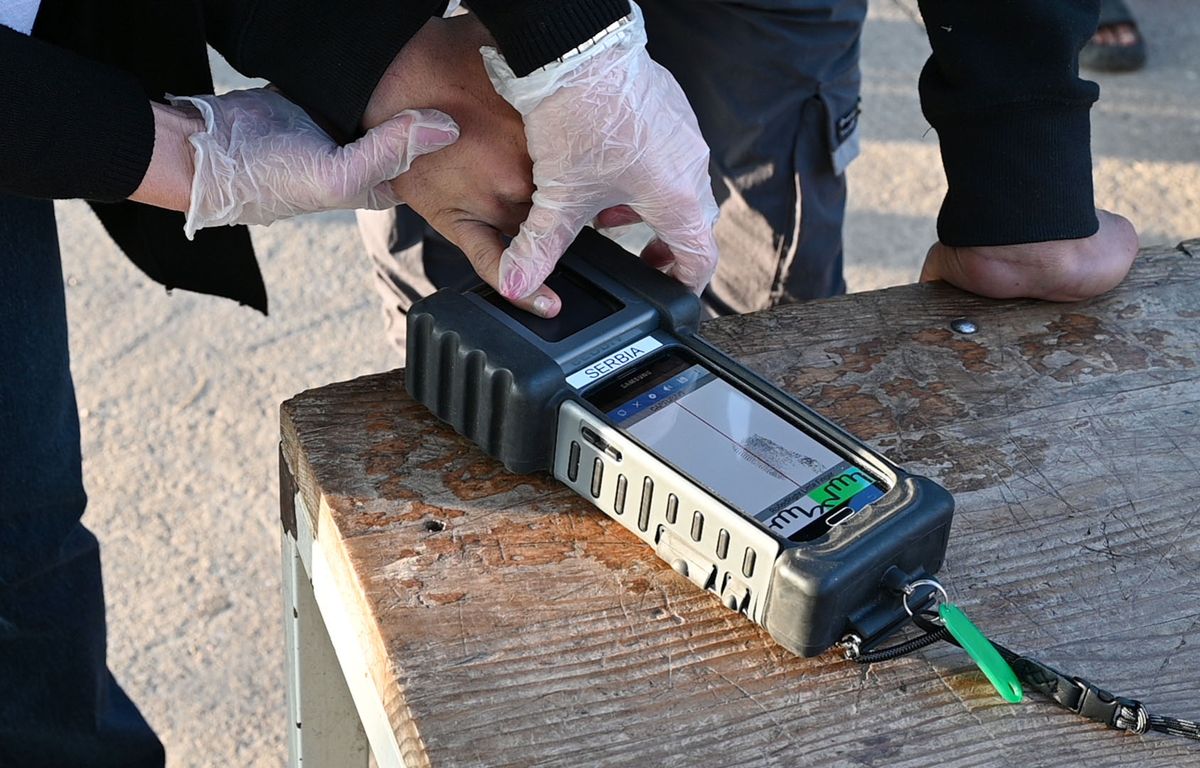
According to the Serbian Ministry of the Interior, the action, code-named Operation Hotspot, extends not only to official reception centers, but also to areas that serve as "frequent temporary residences of migrants". Such areas are, for example, the forests surrounding Subotica, the thickets next to the border fence, abandoned houses and former farms, deserving a better fate.
The announcement does not say whether Interpol's agents ventured into areas often loud with reverberating gunfire, like the Suma Makove sedmice Makkhetes forest), or the vicinity of Palic (Palics) or Hajdukovo (Hajdujaras), or whether they only combed the safe locations.
The authorities deemed the inspection actions carried out October 2-5, a success. As they worte,
they also contributed to the security of the border zone and proved that Serbia is suitable for cooperation with international partners.
According to Magyar Nemzet's local sources there, many more illegal migrants, totaling even thousands, are likely to be in the region than those who have just been checked.
Armed clashes and other conflicts are often occurring not in the reception centers, but in areas that have become no-go zones, where illegal immigrants and human smugglers operate by their own rules instead of Serbia's.
In recent months, local residents have increasingly experienced shootings and stabbings by migrants.
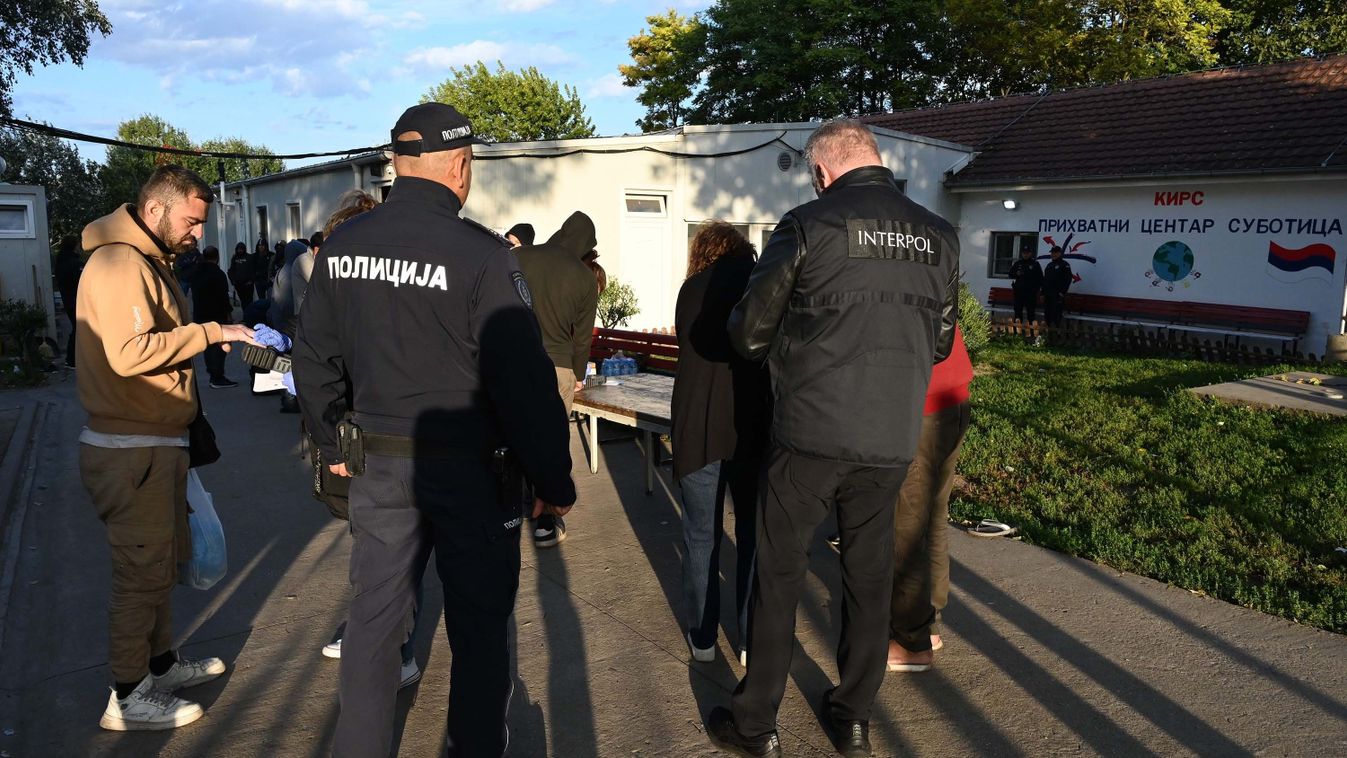

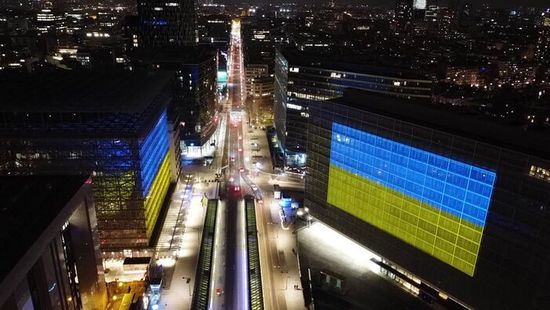




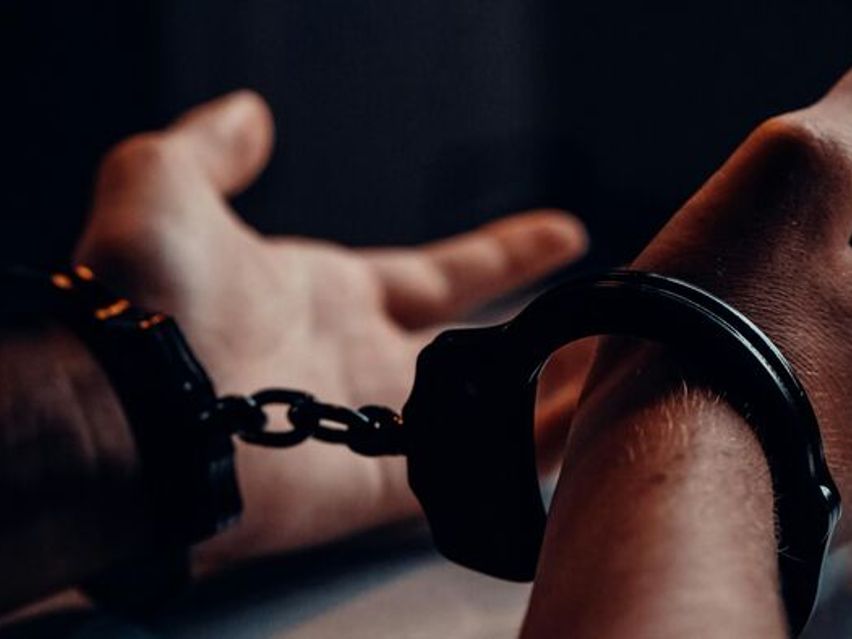
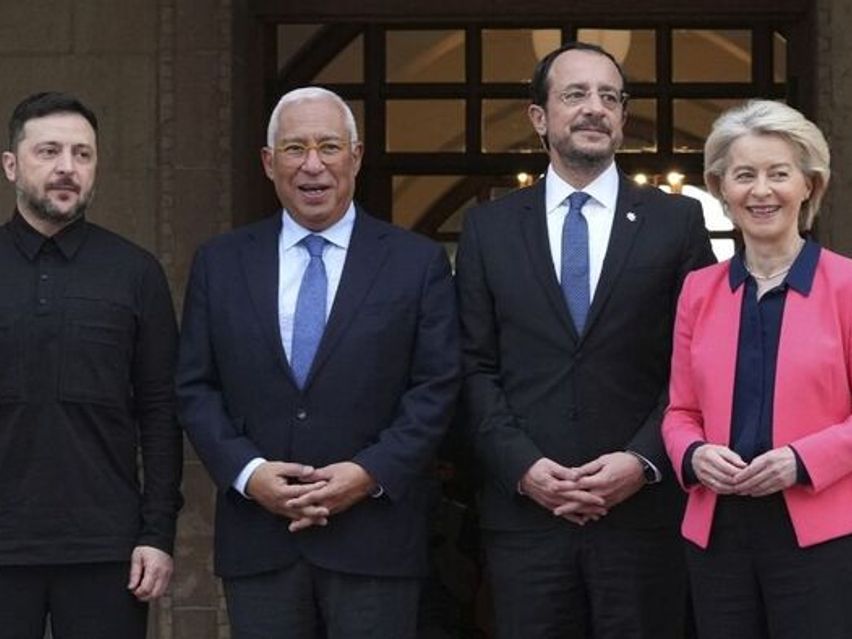


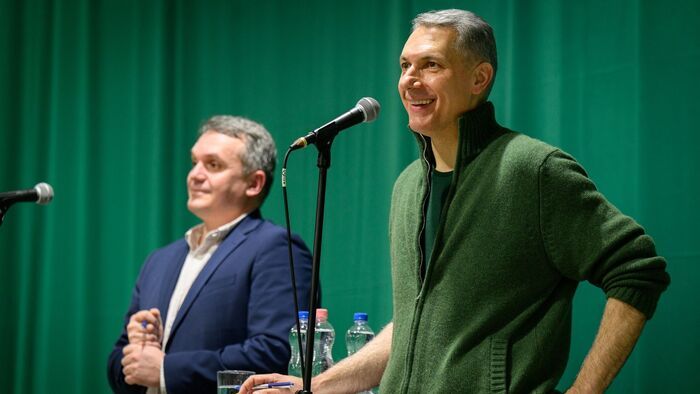
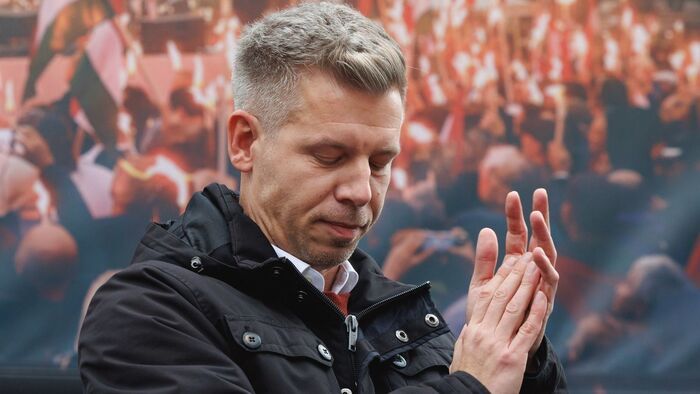










Szóljon hozzá!
Jelenleg csak a hozzászólások egy kis részét látja. Hozzászóláshoz és a további kommentek megtekintéséhez lépjen be, vagy regisztráljon!